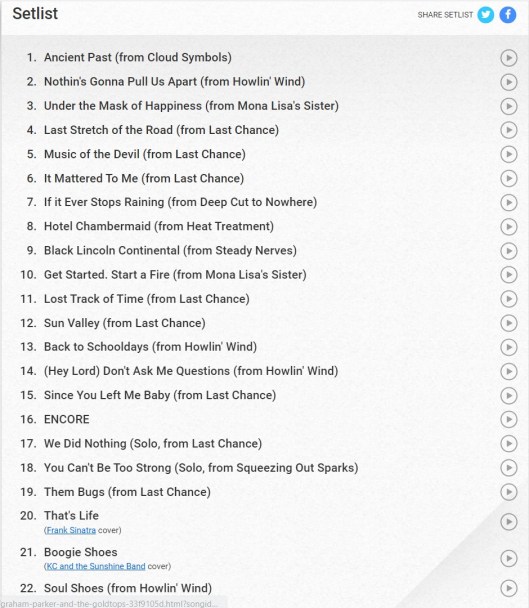Listened to a very interesting piece earlier this week before we were away for a few days. Fortunately I’d bookmarked it:
Building Soul – with Thomas Heatherwick
How to Ditch Boring and Humanise Our Cities
The overall thrust and message I completely agree with, but as someone who identifies as “Architect” I want to disagree with one point he repeatedly emphasises, or maybe sound a warning, a different way of looking at the same point.
I’m frequently citing variations of “The devil may be in the details, but the angels are in the abstractions.” Or, one message of “Systems Thinking” (after Levenchuk) is to preserve a domain, some space and time for the thinking at the more abstract – even holistic – level and not to confuse this with thinking about the current good / best-practice details of the planning and doing. The difference between a strategy and an implementation plan.
To be clear, when I’m talking Architecture. I’m talking in the most general human systems sense, not just the physical built-environment sense, that would fit with RIBA. Obviously, anyone engaging in architecture in the building sense needs a sound appreciation of the possibilities of materials and construction processes, as well as their vision for the functional reasoning behind shaping and scoping the building itself. Once upon a time the Master Builder might have literally had both at their fingertips. The visionary – shaping the plan in every dimension – also knew how to build and get stuff done.
The problem, where I think I agree with Heatherwick, is that if one is too prescriptive about the functional purpose of a building and the nominal – effectiveness and efficiency of – creation and intended “use” for a given design life say, it is easy to overlook the wider stakeholding of humanity in general having to live with the results – the soul as much as the physical and functional attributes. I’m not precious about job titles, architect, designer, builder and which different parties (contractors) takes responsibility for which aspects – thinking at different levels over different timescales – but what I am concerned about is that in integrating them they nevertheless remain distinct, with good fences between them. Either side of the builder-architect line, needs to engage in the integrating processes with the other.
[Personally, most of my hands-on construction experience, from strategic level down, has been with explicitly utilitarian facilities, manufacturing and processing plants in industrial areas, where having an economically defined design-life makes sense. Sustainability takes us as far as the recyclability of the materials (beyond the collateral damage of first creating and using it). An industrial facility can be seen as a part of permanent construction site with few aesthetic issues, but that’s not the case with buildings in the wider built human environment. If we’re too prescriptive – rigid – about the architecting in our regulation, we should not be surprised by the bland uniformity (and disposability, built-in obsolescence) of the results. Diversity and longevity includes caring for the wider consequences beyond those of the original funders purpose. I completely agree. What I wouldn’t do is attempt to define all the required attributes into a single educational and qualificational system. It’s about diversity of skills and interests, thinking skills as well as design and building skills – diversity in multiple dimensions.]
[The Long Now?
“German poet Heinrich Heine was once asked why men no longer build cathedrals. He replied: “People in those old times had convictions; we moderns only have opinions. And it needs more than a mere opinion to erect a Gothic cathedral.”Cologne Cathedral took 632 years to complete. Does modern man have the necessary conviction to build something like this today?”
German poet Heinrich Heine was once asked why men no longer build cathedrals. He replied:
“People in those old times had convictions; we moderns only have opinions. And it needs more than a mere opinion to erect a Gothic cathedral.”
Cologne Cathedral took 632 years to complete.… pic.twitter.com/2UzXLbDvEc
— Culture Critic (@Culture_Crit) October 16, 2023
Conviction too.]





 (My pic of GP from the November 1978
(My pic of GP from the November 1978


